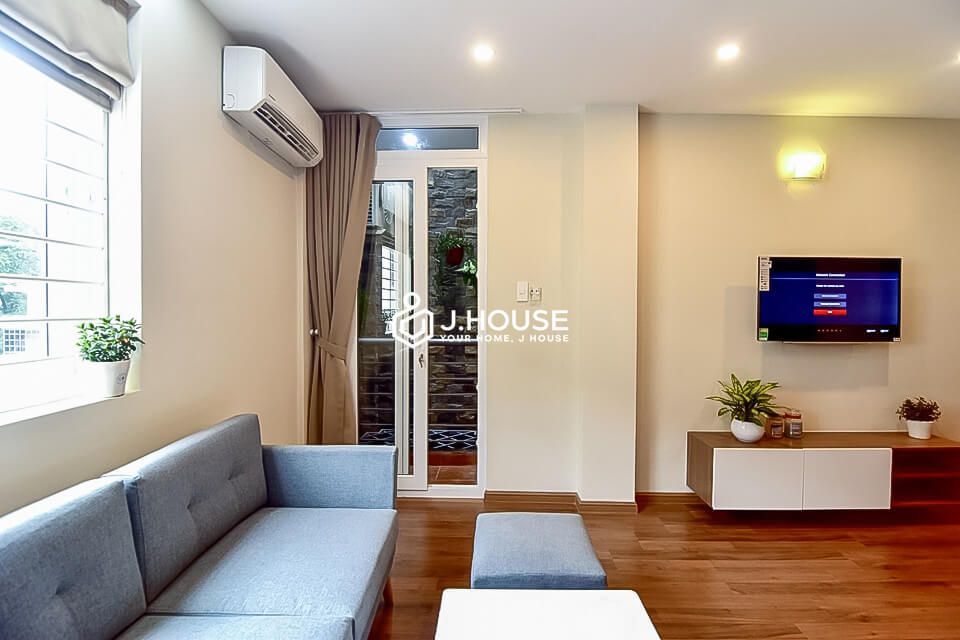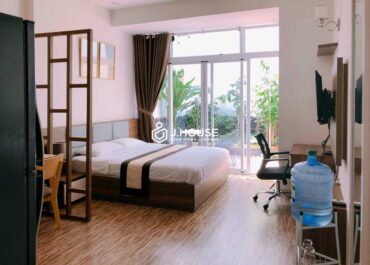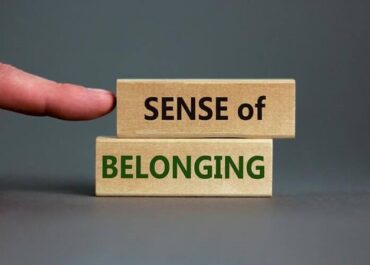Latest Properties
Tenant Rights vs. Landlord Rights in Vietnam
Understanding Rental Laws in Vietnam: Tenant & Landlord Rights
Renting in Vietnam offers exciting opportunities — from modern city apartments to cozy serviced studios. But before you sign any lease, it’s vital to understand Tenant Rights vs. Landlord Rights in Vietnam. Clear knowledge of these rental laws helps you avoid common pitfalls like unclear deposits, maintenance disputes, or sudden rent increases.

Whether you’re an expat staying long-term or a local tenant seeking stability, understanding your legal rights and obligations builds a fair, transparent relationship with your landlord. By knowing what’s legally yours — and what’s expected of you — you’ll enjoy a smoother, more confident renting experience in Vietnam’s growing housing market, where competition and expectations are rising every year.
Learning these essentials not only protects your interests but also empowers you to communicate better, negotiate smarter, and create a rental experience built on trust and mutual respect.
1. The Legal Foundation of Rental Agreements in Vietnam
Vietnam’s rental market operates under the Vietnam Civil Code and the Law on Housing. These laws regulate both residential and commercial rentals, defining the rights, responsibilities, and dispute resolution methods for tenants and landlords.
While many agreements are flexible and based on mutual trust, it’s always best to have a written lease contract. This document should clearly state rental terms, deposit amount, maintenance obligations, and termination conditions — all signed by both parties and ideally supported by relevant verification documents, such as ID copies or proof of property ownership
For foreign tenants, it’s recommended to sign with property owners who have legal ownership and can provide necessary tax invoices or residency registration support when needed.
2. Tenant Rights in Vietnam: What You’re Entitled To
Understanding tenant rights in Vietnam is key to protecting your comfort, privacy, and investment as a renter. Here are the essential rights every tenant should understand before and during a lease:
2.1. The Right to Use the Property Freely
Once the lease is signed, you have full legal rights to use the property as agreed — for living, not for business or subleasing unless the contract allows. Landlords cannot enter the apartment without notice or consent except in emergencies.
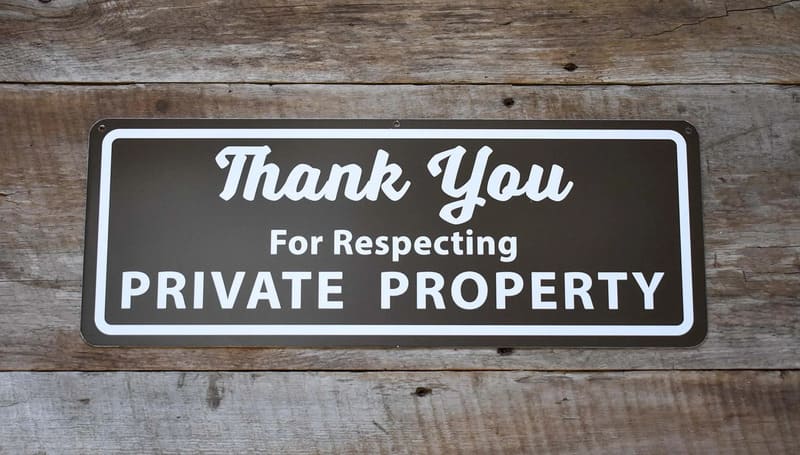
2.2. The Right to Safe and Livable Housing
You have the right to live in a secure, well-maintained home. Major structural repairs or damages caused by normal wear are typically the landlord’s responsibility — not yours.
2.3. The Right to Privacy
Your rented apartment is your private space under Vietnamese law. Landlords may not access it without permission, nor interfere with your utilities, such as cutting electricity or water.
2.4. The Right to Fair Deposit Handling
Security deposits (usually one or two months’ rent) must be clearly stated in the lease and returned after move-out, minus any proven damages or unpaid fees. Always include specific refund conditions in your contract.
2.5. The Right to Contract Renewal and Termination
Tenants can negotiate renewal terms before the lease expires. If you wish to terminate early, most contracts require at least 30 days’ written notice. Likewise, landlords must give proper notice and valid reasons for ending the lease.
Read more: Breach Of Contract: 15 Common Violations & How To Safely Break A Contract?
3. Landlord Rights in Vietnam: What Property Owners Can Expect
Just as tenants are protected, landlords also have clear legal rights under Vietnam’s rental laws. Understanding these ensures a fair, transparent relationship between both parties.
3.1. The Right to Receive Rent on Time
Landlords are entitled to timely monthly payments as agreed in the contract. Repeated late payments may lead to penalties or legal termination of the lease.
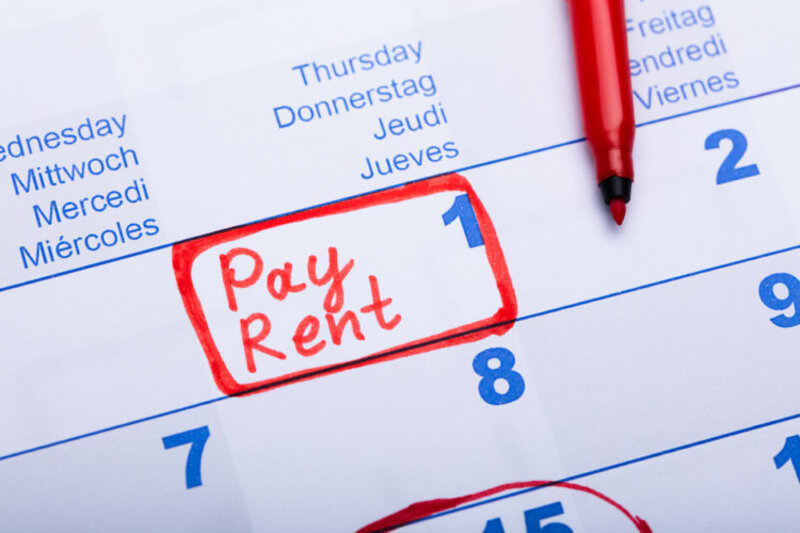
3.2. The Right to Maintain Property Value
Property owners may conduct periodic inspections — with advance notice — to ensure proper upkeep. Tenants should promptly report any damages or repairs needed to protect the property’s value.
3.3. The Right to Contract Termination for Valid Reasons
Landlords may end a lease early if tenants violate major contract terms — such as subleasing without permission, damaging property, or using it for illegal purposes.
3.4. The Right to Adjust Rent Upon Renewal
In long-term rentals, landlords can negotiate a new rent rate when renewing the contract, based on market changes or property upgrades. However, sudden rent increases during an ongoing contract are generally not allowed.
3.5. The Right to Comply with Tax Obligations
Landlords are responsible for declaring and paying rental income tax. Foreign tenants may request official receipts to ensure the property is legally rented and tax-compliant.
Read more: What Can A Landlord Deduct From My Security Deposit In Vietnam?
4. Balancing Responsibilities: Tenant & Landlord Obligations
A successful rental relationship in Vietnam is built on balance — where both tenant and landlord understand their shared responsibilities. Beyond legal terms, it’s mutual respect and communication that keep everything running smoothly. Here’s a quick overview of what each side is expected to do:
| Tenant Responsibilities | Landlord Obligations |
| Pay rent and utilities on time | Provide a safe, well-maintained home |
| Keep the property clean and in good condition | Handle major repairs and essential maintenance |
| Use the home only as agreed (no illegal use or sublease) | Respect tenant privacy and give notice before visits |
| Inform the landlord of damages or issues promptly | Return the deposit fairly and transparently |
| Follow building or community rules | Support the tenant with temporary residence registration |

When both sides uphold these commitments, trust grows naturally — turning a simple lease into a long-term, harmonious living experience in Vietnam.
Read more: How to Verify a Landlord Before Signing a Lease in Vietnam
5. Common Issues and How to Resolve Them
Even the most detailed lease can’t prevent every misunderstanding. The key is to handle tenant–landlord issues in Vietnam calmly and professionally — always referring to the contract first.
5.1. Deposit Disputes
When conflicts arise over refunds, review the written terms and provide clear evidence like photos or videos from move-in and move-out days. If talks break down, seek help from local authorities or a housing mediator.
Read more: Everything You Need to Know About Your Security Deposit
5.2. Maintenance Delays
Tenants should report issues immediately and document all requests. If landlords ignore major repairs affecting safety, you can contact building management or request contract termination.
Read more: Common Maintenance Issues & How to Communicate with Landlords
5.3. Rent Increases Mid-Lease
Rent adjustments are only valid when both parties agree or if specified in the lease. Always review the contract for such clauses before signing.
5.4. Early Termination
When either party ends the lease early, written notice is required. Penalties or forfeited deposits may apply depending on contract terms.

5.5. Registration and Tax Issues
Foreign tenants should ensure their landlord registers them with the local police and pays rental taxes. A legally compliant lease helps avoid future complications, especially for visa extensions or residence card renewals.
Handled the right way, these situations can strengthen mutual respect and trust — not break it.
Read more: Understanding Taxes & Fees When Renting in Vietnam as a Foreigner
6. Legal Support & Documentation Tips
Protecting both tenant and landlord rights starts with proper documentation. These simple steps can save you from future disputes:
- Use a written lease contract — ideally bilingual, so both parties fully understand the terms.
- Define key details clearly, such as rent amount, deposit, utilities, maintenance, and termination clauses.
- Verify the property’s legitimacy by checking whether the lease lists the correct landlord information and includes the landlord’s ID or tax number if available
- Keep proof of every payment, including bank transfers or landlord confirmations
- Keep organized records — store digital and paper copies of all agreements and proof of payments.
Foreigners renting in Vietnam can also seek assistance from trusted agents like JHouse, who ensure transparency and legal compliance throughout the process. Remember — documentation is your strongest protection. Always keep written proof, and never rely solely on verbal promises.
Read more: Apartment Rental in Vietnam: Legal & Financial Guide for Expats
7. Building Trust for Long-Term Living
At the heart of every positive rental journey lies trust and mutual respect. When both sides understand tenant rights vs. landlord rights in Vietnam, they build a foundation for fairness and comfort that lasts beyond a simple lease.

For expats who plan to stay long-term, embracing local rental laws and keeping open, respectful communication with your landlord makes all the difference. It helps prevent misunderstandings, encourages cooperation, and creates a truly homelike experience — one built on confidence, not concerns.
Whether you’re settling in for a few months or making Vietnam your new home, trust remains the key to living well and feeling at home.
Read more: Long-Term Living in Vietnam: A Settling Guide for Expats & Families
Conclusion
Understanding tenant rights vs. landlord rights in Vietnam helps both tenants and property owners enjoy a fair, secure, and worry-free rental experience. With clear contracts, mutual respect, and open communication, you can avoid misunderstandings and build long-term trust in every lease.
For expats or locals navigating Vietnam’s housing market, the key is not just knowing the law but also choosing reliable partners who value transparency and professionalism. That’s where JHouse comes in — connecting you with verified homes, well-documented agreements, and supportive landlords who care about your comfort.
With expert guidance and genuine service, JHouse helps you find a place where trust and peace of mind truly feel like home.
JHouse Content Team
The in-depth content development team on housing services for foreigners & Vietnamese in Vietnam. The content is simple, easy to understand, and logically arranged to bring readers useful topics and information from real experiences.







